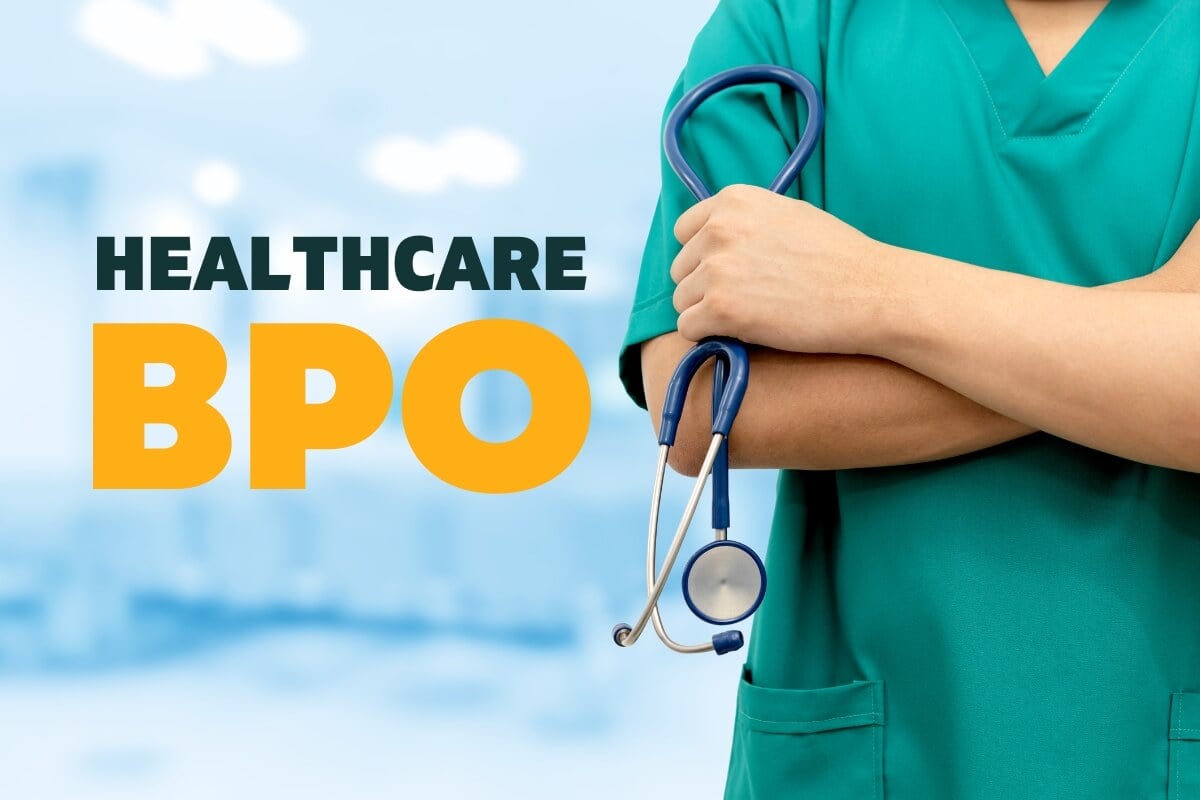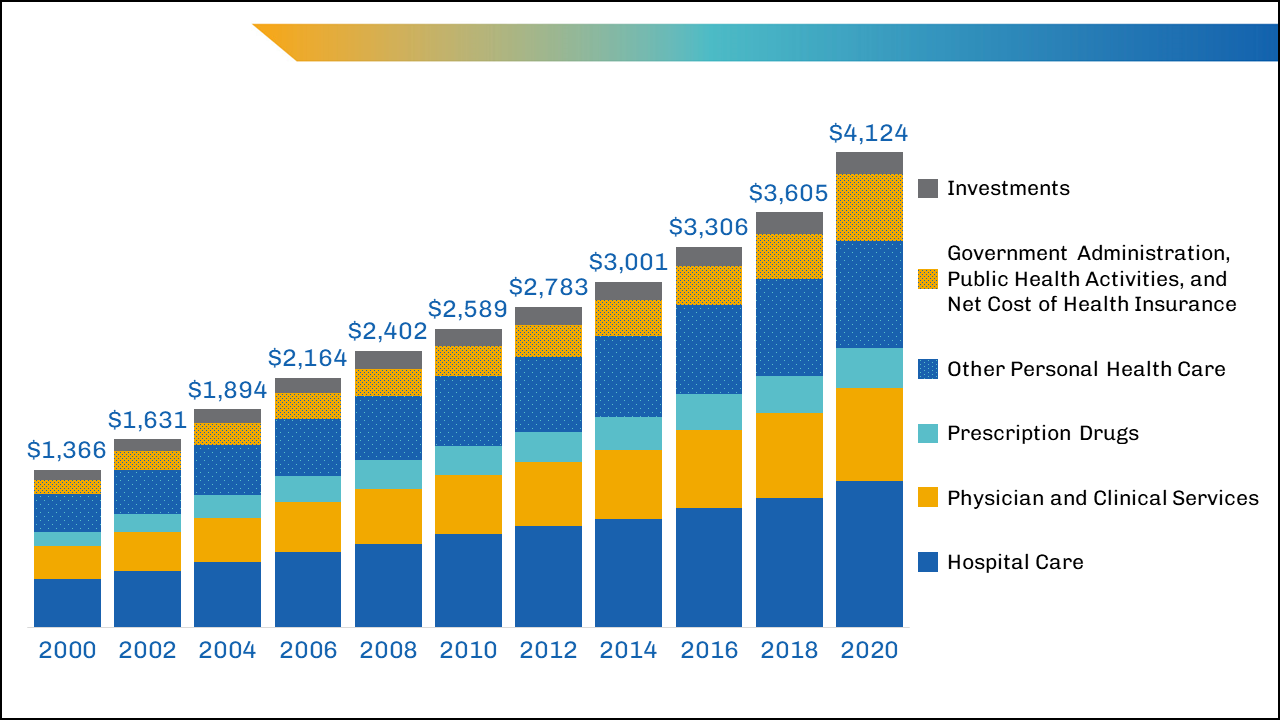Comprehending the Role of Medical Care RCM in Enhancing Financial Efficiency and Individual Fulfillment
Browsing the ins and outs of Medical care Earnings Cycle Management (RCM) is crucial for attaining ideal monetary efficiency while concurrently elevating patient fulfillment. RCM's capability to improve payment, make sure accurate coding, and expedite insurance claims refining stands as a keystone of contemporary healthcare procedures. However, the nuanced interaction in between these aspects warrants a closer evaluation to fully value their influence on both doctor and patients. As we discover the transformative possibility of RCM, concerns about its critical implementation and future developments beckon, promising insights that could redefine sector requirements and patient experiences alike.

Key Elements of RCM
In the facility landscape of medical care, Profits Cycle Monitoring (RCM) is crucial in making sure monetary security and functional performance. An extensive RCM system encompasses a number of essential parts, each playing a vital function in the smooth monitoring of a health care copyright's financial processes. Person enrollment and eligibility confirmation are foundational actions, guaranteeing that exact client details is caught and insurance policy protection is verified before services are provided. This decreases the threat of case rejections and speeds up the compensation procedure.

Cost capture is another necessary part, including the accurate recording of services given to people. It guarantees that all billable services are accounted for, thus maximizing earnings possibility. Concurrently, medical coding translates patient experiences into standard codes, which are essential for billing and governing conformity.
Insurance claims entry and administration follow, involving the prep work and submission of cases to payers. This procedure needs precise interest to detail to reduce errors and avoid hold-ups. Denial administration is an aggressive approach to settle and resolve denied cases, protecting income streams.
Lastly, repayment uploading and individual collections finish the cycle, guaranteeing payments are precisely taped and outstanding equilibriums are pursued. Together, these parts develop a durable structure that sustains the functional and monetary wellness of medical care companies.
Effect On Financial Efficiency
Effective Revenue Cycle Management (RCM) considerably affects a health care company's monetary performance by enhancing capital and lowering profits leakage. RCM incorporates the detailed invoicing and collection procedures that ensure doctor successfully handle their economic transactions from person enrollment to last repayment. By streamlining these processes, organizations can reduce denied insurance claims, quicken payment cycles, and boost total monetary health and wellness.
Monetary performance is enhanced via thorough monitoring of payment treatments, which entails exact coding and timely entry of cases. This minimizes the likelihood of insurance claim rejections and denials, which can considerably hinder earnings circulation otherwise dealt with without delay. In addition, incorporating advanced innovation solutions promotes real-time monitoring of cases and monetary metrics, offering healthcare administrators with the devices needed to make enlightened tactical decisions.

Enhancing Client Contentment
While enhancing economic efficiency is a vital goal of Income Cycle Administration (RCM), it also plays an essential function in enhancing individual complete satisfaction. By minimizing administrative burdens, RCM permits medical care providers to concentrate extra on patient treatment, which directly improves patient complete satisfaction.

RCM also improves individual complete satisfaction with effective interaction. By maintaining an extensive data source of person information, RCM assists in improved communication in between individuals and health care suppliers, making sure patients really feel notified and valued. This openness and access Learn More Here cultivate a positive patient experience. In general, efficient RCM implementation not just increases financial end results but additionally substantially adds to a patient-centered health care environment.
Methods for Efficient RCM
Accomplishing efficient Earnings Cycle Administration (RCM) calls for medical care companies to execute a set of calculated methods that guarantee financial stability and operational effectiveness. One crucial approach is the fostering of technology-driven services, such as integrated software platforms that enhance billing procedures, decrease errors, and boost information accuracy. These systems make it possible for real-time tracking of economic metrics, permitting for prompt recognition and correction of inadequacies.
One more approach is the standardization of processes across the earnings cycle. Healthcare RCM. This includes creating constant plans for person enrollment, insurance verification, and claims processing. By ensuring that all personnel stick to these requirements, companies can reduce discrepancies and expedite This Site payment collections
Team training and development additionally play a pivotal function in reliable RCM. Well-trained personnel can successfully browse complicated payment procedures and regulations, reducing rejections and boosting capital. Routine updates on policy changes and best methods help maintain a proficient and well-informed workforce.
Future Trends in RCM
As medical care companies improve their Earnings Cycle Monitoring (RCM) methods with modern technology and standardized processes, focus is now transforming in the direction of the future trends shaping this vital area. One significant trend is the combination of man-made knowledge (AI) and artificial intelligence to automate intricate jobs, such as insurance claims refining and anticipating analytics. These modern technologies are expected to minimize mistakes, increase purchase times, and offer data-driven insights for better decision-making.
Additionally, the change in the direction of value-based treatment proceeds to influence RCM practices - Healthcare RCM. Doctor are anticipated to significantly focus on client results and complete satisfaction, necessitating RCM systems that can suit brand-new compensation designs. This shift will certainly need more detailed data collection and analysis to effectively report and measure on performance metrics
Interoperability is an additional emerging concern, as smooth information exchange between diverse systems ends up being vital. Boosted interoperability will certainly facilitate more accurate client info sharing, decreasing management problems and boosting the person experience.
Final Thought
Medical Care Earnings Cycle Monitoring (RCM) considerably affects both monetary performance and person satisfaction by enhancing payment procedures, guaranteeing accurate coding, and allowing punctual cases entry. Efficient RCM reduces profits leak and speeds up cash money circulation, minimizing case denials and speeding up payments. This performance fosters count on and contentment amongst patients. RCM systems also assist in far better interaction and adaptable settlement alternatives, producing a patient-centered experience. Future RCM fads will likely focus on further incorporating innovation to boost these benefits.
Navigating the complexities of Healthcare Income Cycle Administration (RCM) is necessary for accomplishing optimum monetary performance while simultaneously boosting view it now person satisfaction. RCM includes the comprehensive invoicing and collection procedures that guarantee healthcare providers effectively manage their monetary purchases from client registration to last repayment. By lowering administrative burdens, RCM allows medical care providers to concentrate extra on person treatment, which directly enhances individual contentment.
By keeping a comprehensive data source of patient info, RCM helps with enhanced communication between individuals and healthcare providers, guaranteeing clients feel notified and valued.Health Care Earnings Cycle Administration (RCM) significantly influences both monetary efficiency and client contentment by enhancing payment procedures, making sure precise coding, and enabling prompt cases entry.